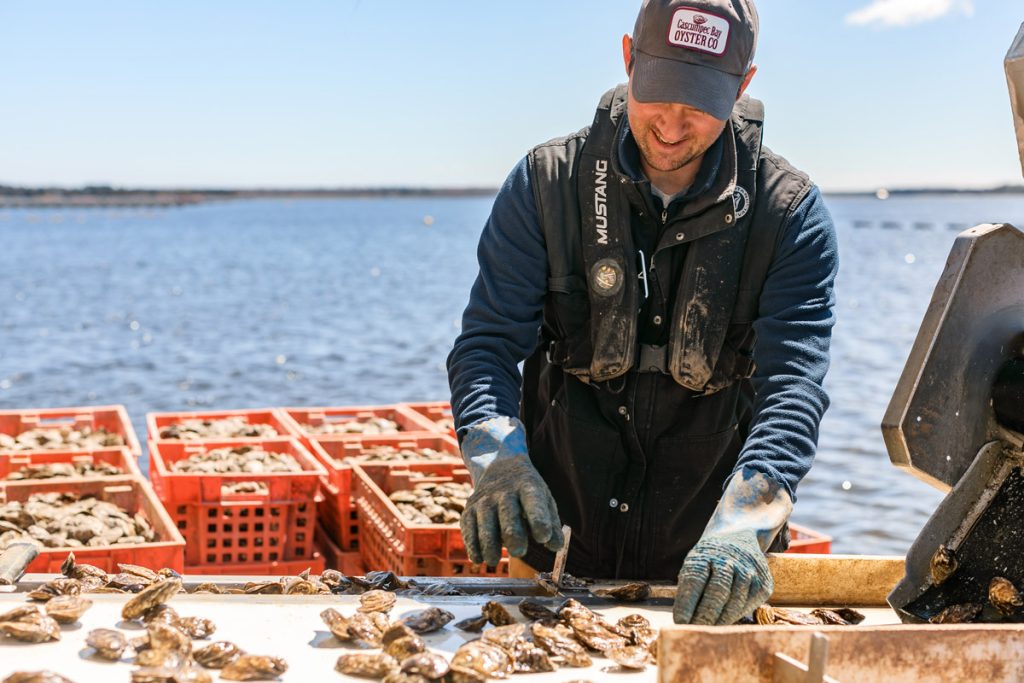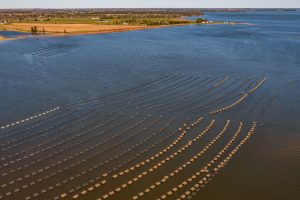Home / Development of eDNA Techniques for MSX and Dermo Surveillance
Development of eDNA Techniques for MSX and Dermo Surveillance
Status
Competition
Genome Centre(s)
Project Leader(s)
- Kim Gill (PEI Marine Science Organization)
Fiscal Year Project Launched
Project Description
Environmental DNA and RNA (eDNA) is the genetic material organisms leave behind in their environment, including in water, soil and air.
Parasites pose an existential risk to Canadian fishing industries. Early, rapid and comprehensive detection is key to managing outbreaks of the diseases they cause. This project will use eDNA to help the shellfish industry bolster its defenses against two major parasitic threats.
The Haplosporidium nelsoni (MSX) parasite devasted the Bras d’Or Lake (Cape Breton) oyster industry 22 years ago and has caused significant oyster mortalities in some areas of Prince Edward Island since its detection in early July of 2024. It has since been confirmed in New Brunswick in November 2024. Another parasite, Perkinsus marinus (dermo), has caused significant mortality in some regions up the eastern seaboard and has now been detected at some locations in New Brunswick and Nova Scotia.
This project will:
- Develop a tool that will help shellfish industry, provincial governments and regulators predict the potential impact of MSX and Dermo parasites and provide early warning of their spread—enabling more effective mitigation measures.
- Also generate valuable data to be used in epidemiological models to better understand and predict transmission rate and distribution in areas where the parasites are found.
Photo credit: PEI Aquaculture Alliance




